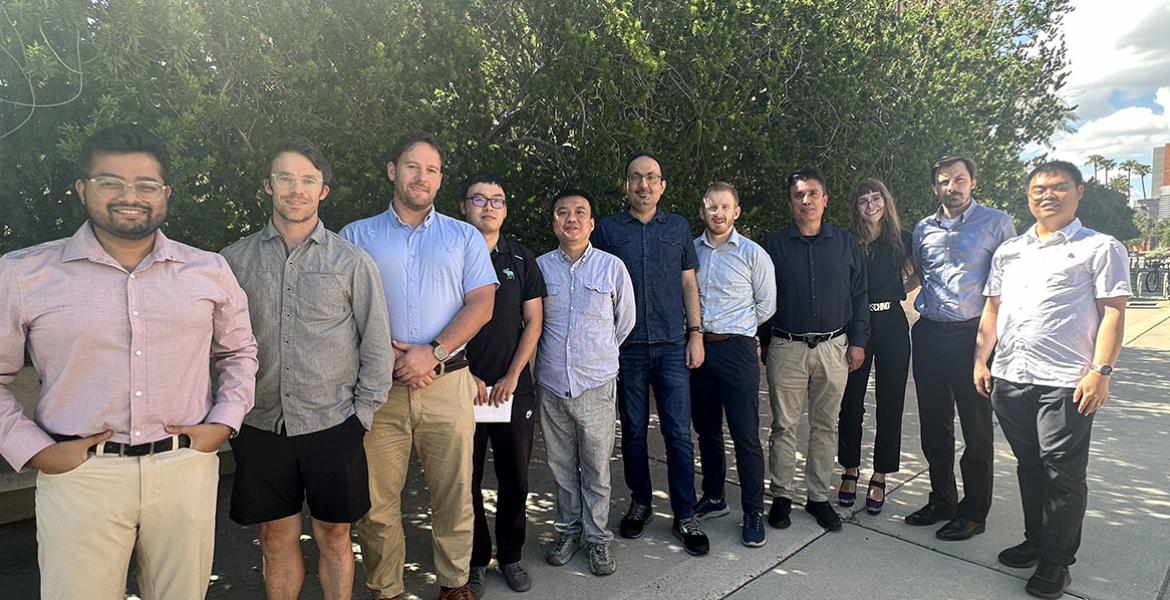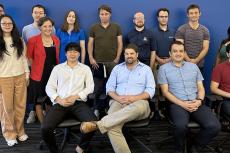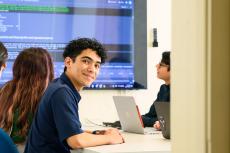2024-2025 faculty hires support Engineering growth and new initiatives
The University of Arizona College of Engineering began the 2024-2025 academic year with a dozen new faculty members who will help advance its research and teaching mission. In addition, Suresh Garimella, who will become the university’s president Oct. 1, will serve as a tenured faculty member in aerospace and mechanical engineering.
The instructors are joining at a time of growth and progress for the college, said Kathleen Melde, associate dean of faculty affairs and inclusion. Enrollment and research expenditures are increasing, and important initiatives are beginning and continuing.
“We selected this new faculty class to engage and mentor a growing number of students, advance research in diverse engineering disciplines, and support crucial efforts,” said Melde. “I’m delighted this group of insightful and inspiring hires is joining the college.”
Five of the new instructors joined the electrical and computer engineering department to teach computer science and engineering. The college first offered a BS program in fall 2023 to help fill a regional and national employment gap. The Arizona Board of Regents approved master’s and doctoral programs that began in fall 2024.
Two hires in the biomedical engineering department are focused on the Cancer Engineering Initiative, a universitywide effort to merge engineering and cancer research. They lend an engineering mindset to rapid development of individualized diagnostics and treatments.

Suresh Garimella
Suresh Garimella starts as the university’s 23rd president Oct. 1. His academic home is in the College of Engineering’s aerospace and mechanical engineering as a distinguished professor.
Garimella has mentored more than 90 graduate students and 50 post-doctoral scholars, 29 of whom hold prestigious faculty positions around the world. A highly cited researcher, he has made significant contributions in electronics thermal management and energy efficiency at micro and nano scales, and in sustainable energy systems technology and policy. He has co-authored more than 625 research publications and 16 issued patents. Garimella is an elected a Fellow of the National Academy of Inventors, the American Association for the Advancement of Science, and the American Society of Mechanical Engineers. He earned a PhD from the University of California, Berkeley, a master's degree from The Ohio State University and a bachelor’s degree from the Indian Institute of Technology, Madras.
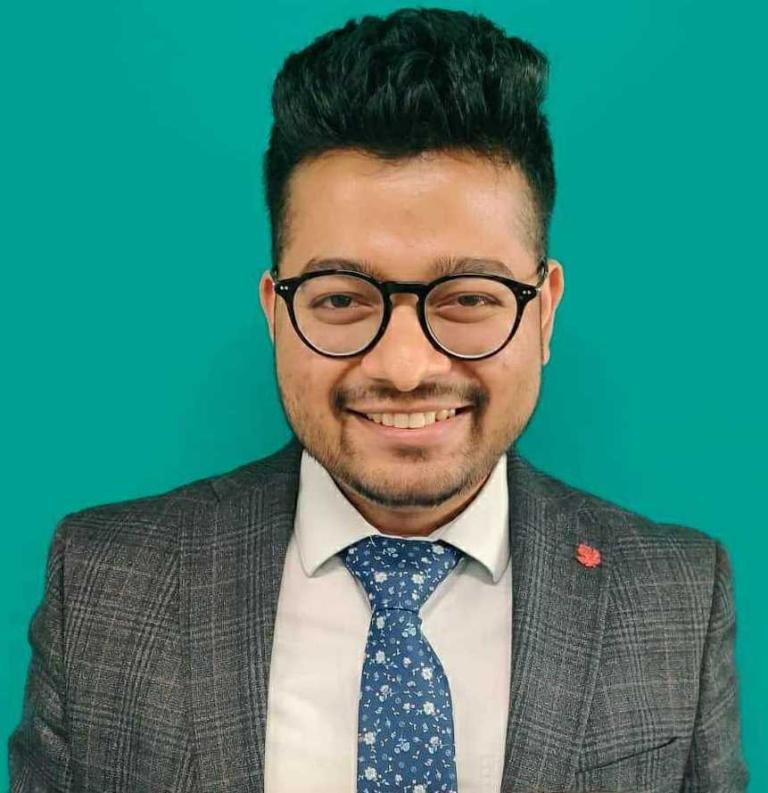
Jyotikrishna Dass
Jyotikrishna Dass, ECE assistant professor, holds a PhD from Texas A&M University. He joined the college from Rice University, where he was a research scientist and postdoctoral scholar. Dass has co-authored more than 10 publications and one patent. He integrates machine learning, parallel computing and hardware design to develop algorithms and systems for edge computing, enabling devices in remote locations to process data and perform actions in real time.
Dass, who is dedicated to imparting knowledge, breaking down barriers, and bringing about societal change, has found a welcoming environment in the UA College of Engineering.
“From the moment I embarked on my PhD journey, I held a vision to inspire the next generation of thinkers, doers and innovators,” said Dass, who also is captivated by the diverse Sonoran Desert ecosystem, especially the prospect of snow and skiing.
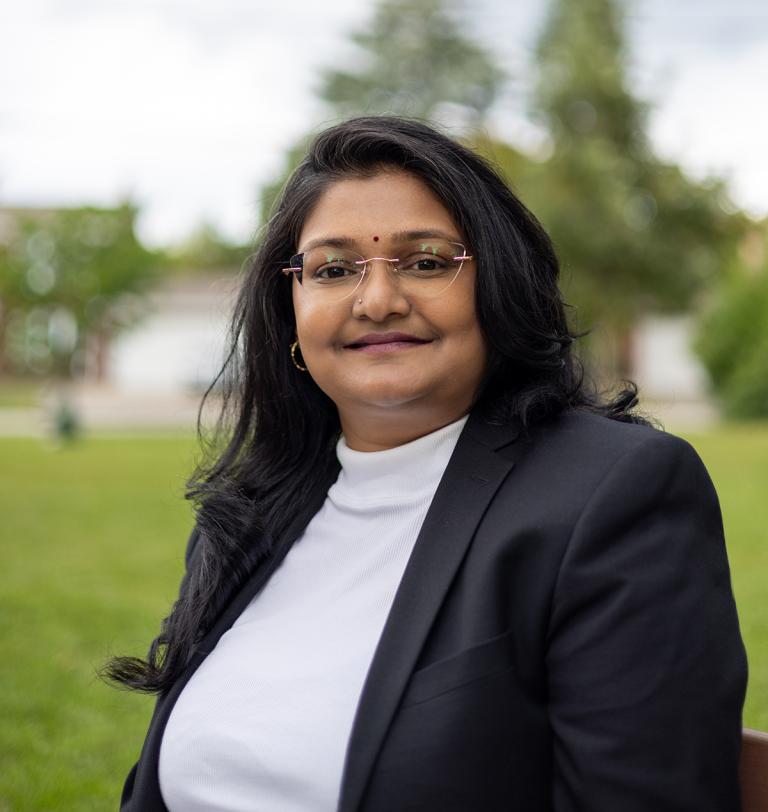
Swarna Ganesh
Assistant professor of BME Swarna Ganesh earned a PhD at Ryerson University, now Toronto Metropolitan University, where she also completed a postdoctoral research fellowship funded by the Canadian Institute of Health Research. Ganesh, co-author of 23 research publications and two patent applications, has executed several clinical projects, including a nano sensor for detecting cancer biomarkers and clinical assessment tools for monitoring brain metastases.
She chose the UA for its strong commitment to interdisciplinary research, particularly in cancer engineering.
“The collaborative environment here, combined with state-of-the-art facilities, provides an ideal setting for advancing cancer research,” she said.
Cristoph Hader
Christoph Hader earned his PhD in aerospace engineering at the UA. He uses high-fidelity simulations on high-performance computing platforms to study transonic, supersonic and hypersonic flow regimes, emphasizing boundary-layer transition.
“The aim is to advance our physical understanding of boundary-layer transition to help improve the design and operation of future high-speed vehicles,” said the AME assistant professor.
Hader’s interest in hypersonic research made the UA faculty a clear choice, he said, as the college has invested significantly to become a national hypersonic hub. He will collaborate with other researchers and work alongside students to improve computational capabilities for simulating high-speed aerodynamics more realistically.

Alexandra Holmes
Alexandra Holmes will join the materials science and engineering department as an assistant professor of practice in January 2025. She holds a PhD from Arizona State University and has worked at Medtronic and Honeywell on projects exploring failure analysis of medical devices, non-destructive materials characteristics, and the optimization of coatings and additive manufacturing processes. Holmes has co-authored seven publications and one patent application.
“I am beyond excited to be able to start the next chapter of my career at the UA because the people and leadership are fantastic and the vision is inspiring,” she said.
A lifelong Phoenix resident, Holmes is also ready to enjoy Tucson’s slightly cooler summers.
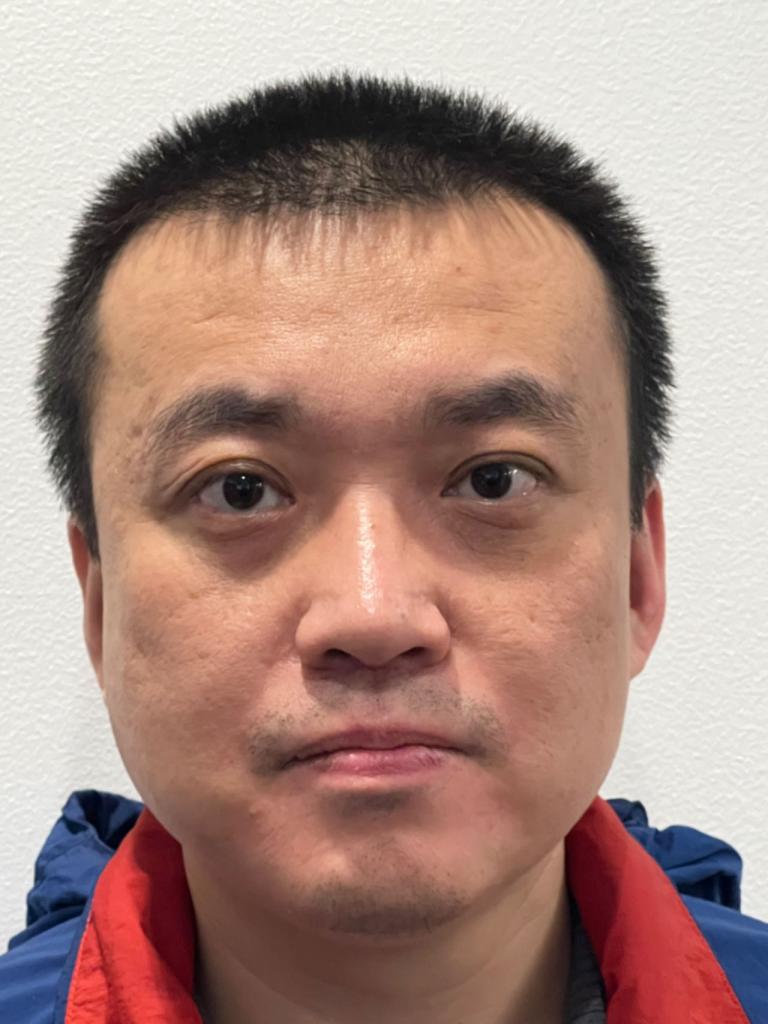
Bo Liu
ECE associate professor Bo Liu holds a PhD from the University of Massachusetts Amherst. He has worked at Amazon Research, Auburn University and Philips Research. Liu is a senior member of the Institute of Electrical and Electronics Engineers and the Association for the Advancement of Artificial Intelligence and an associate editor of Machine Learning Journal. He has co-authored over 25 journal papers, 20 conference papers and one patent application.
The university’s reputation for student quality and research appealed to Liu, along with opportunities to collaborate in areas such as robotics and autonomous driving. Liu also plans to advance his research in decision-making, neural-symbolic and agent-centric AI, and computational neuroscience.
He appreciates Tucson for its beautiful sunsets, local food and attractions, such as the Pima Air and Space Museum.
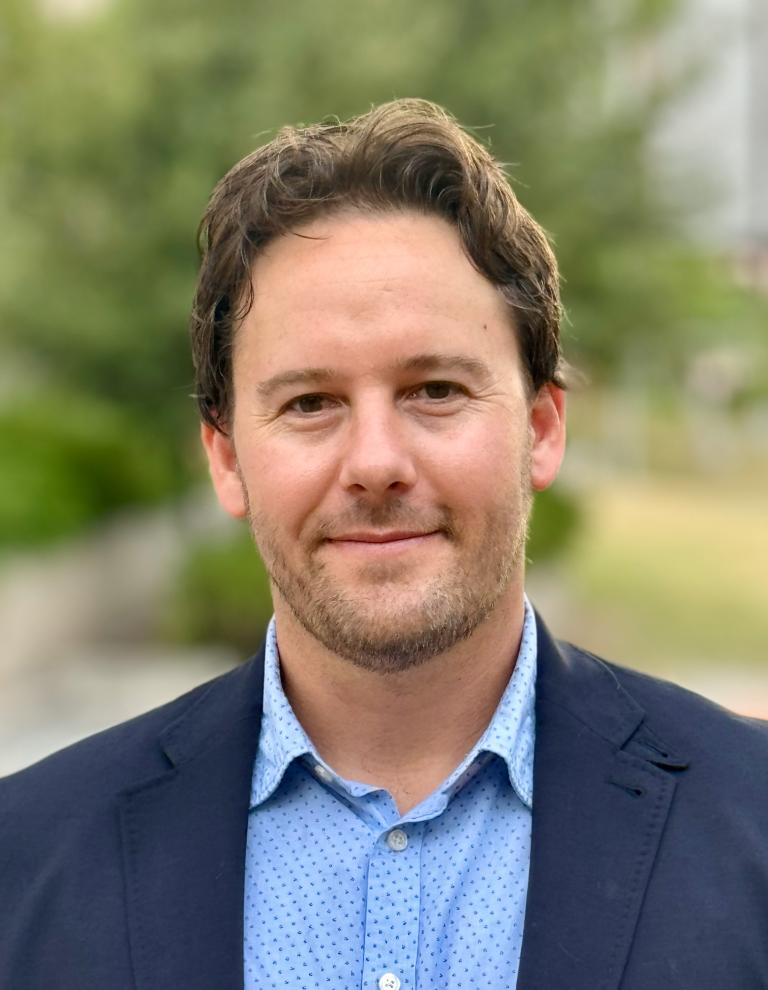
Alexander McGhee
BME assistant professor Alexander McGhee earned his PhD from the University of Florida and most recently was a postdoctoral researcher at the University of Wisconsin-Madison. As a key collaborator in the UA Cancer Engineering Initiative since January 2024, McGhee leverages 3D bioprinting and in vitro modeling techniques to advance personalized drug treatments.
He says the university offers unparalleled opportunities for interdisciplinary work that bridges the gap between biology-focused cancer research and biomedical engineering.
“My role is a direct result of this forward-thinking initiative aligning perfectly with the vision of my research. I am truly excited about the potential this collaboration holds for the future and the advancements we can achieve together,” said McGhee.
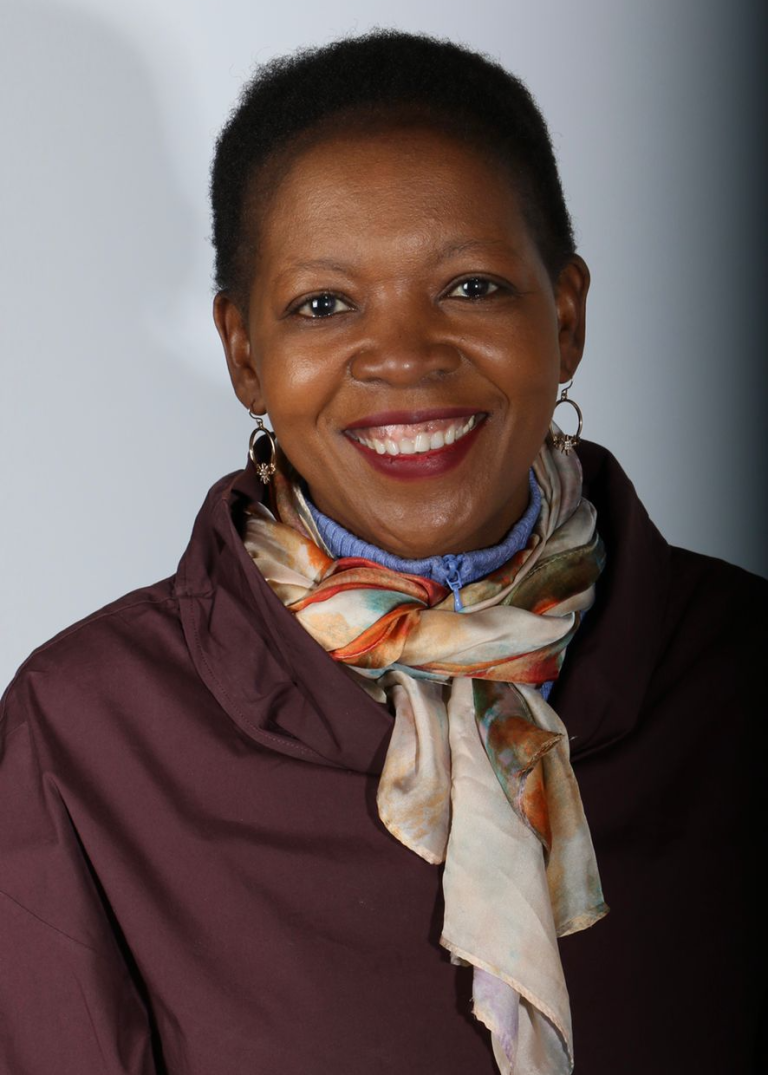
Sehliselo Ndlovu
Sehliselo Ndlovu is a professor of mining and geological engineering. She holds a PhD from Imperial College, London, and joined the college from the University of the Witwatersrand in Johannesburg, where she was a professor and the DSI/NRF SARChI Chair Holder in Hydrometallurgy. Ndlovu, past president of the Southern Africa Institute of Mining and Metallurgy, has authored more than 80 peer-reviewed journal papers and two textbooks.
“The university's location in the heart of Arizona's rich mining region provides an environment deeply intertwined with industry,” said the expert in mineral processing and hydrometallurgy.
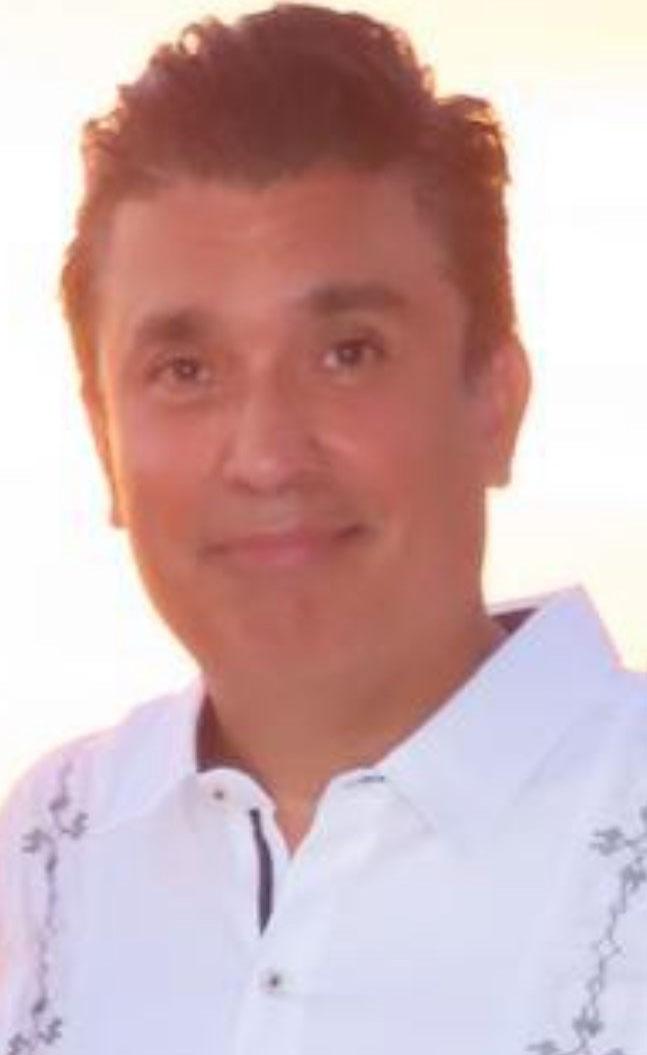
“This proximity offers opportunities for real-world applications and collaborations with leading mining companies, enhancing both research and practical experience.”
Jesus Ubaldo Quevedo-Torrero
Jesus Ubaldo Quevedo-Torrero joined the ECE department from the University of North Texas. A professor of practice, he holds a PhD from the University of Houston. Previously, Quevedo-Torrero was chair and associate professor of computer science at the University of Wisconsin-Parkside.
Quevedo-Torrero feels at home in an environment similar to Culiacán, Mexico, where he grew up and appreciates that the university partners with companies in the region to overcome some of the most difficult engineering challenges.
“The ECE faculty has been very welcoming and accommodating, and I just feel at home, appreciated, energized and excited to work for the UA,” said Quevedo-Torrero.
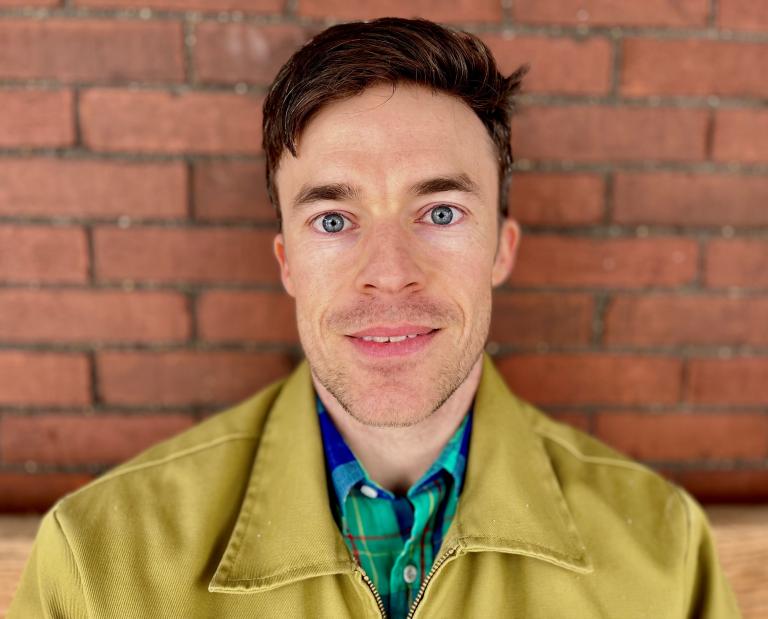
Ellis Robinson
Ellis Robinson, who earned a PhD from Carnegie Mellon University, is an assistant professor in chemical and environmental engineering. He has held postdoctoral research and research engineer appointments with the National Oceanic and Atmospheric Association, Carnegie Mellon and Johns Hopkins universities. Robinson has authored more than 30 scholarly publications and was a mass media fellow for the American Association for the Advancement of Science.
His work focuses on the chemical and physical properties of atmospheric aerosols and volatile organic compounds, as well as aerosol and gas measurements to address air pollution.
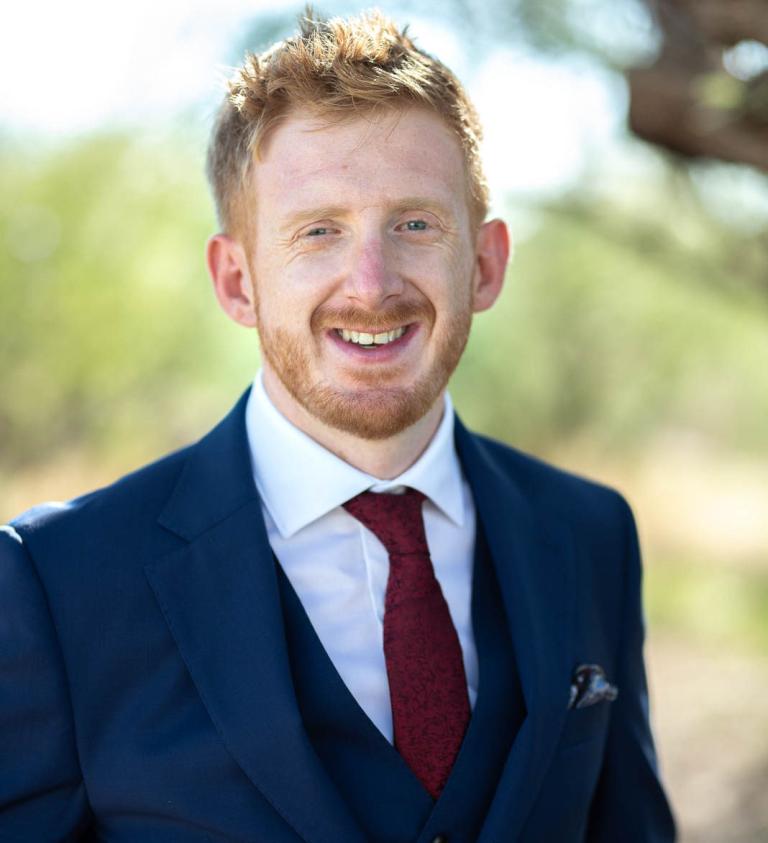
“I am thrilled to be a part of UA College of Engineering, as it is a place where educating students and pushing science forward are both truly valued, which is very important to me,” he said.
James Threadgill
James Threadgill, who completed his PhD at Imperial College, London, became an AME assistant professor in January 2024. He researches high-speed fluid dynamics in shock/boundary layer interactions, propulsion, surface heat transfer and boundary layer transition. Threadgill has led several investigations applying flow diagnostics, signal processing techniques and manufacturing processes to complex 2D and 3D flow topologies.
He began his career at the UA in 2016 and has been a research scientist, postdoctoral research associate and assistant research professor.
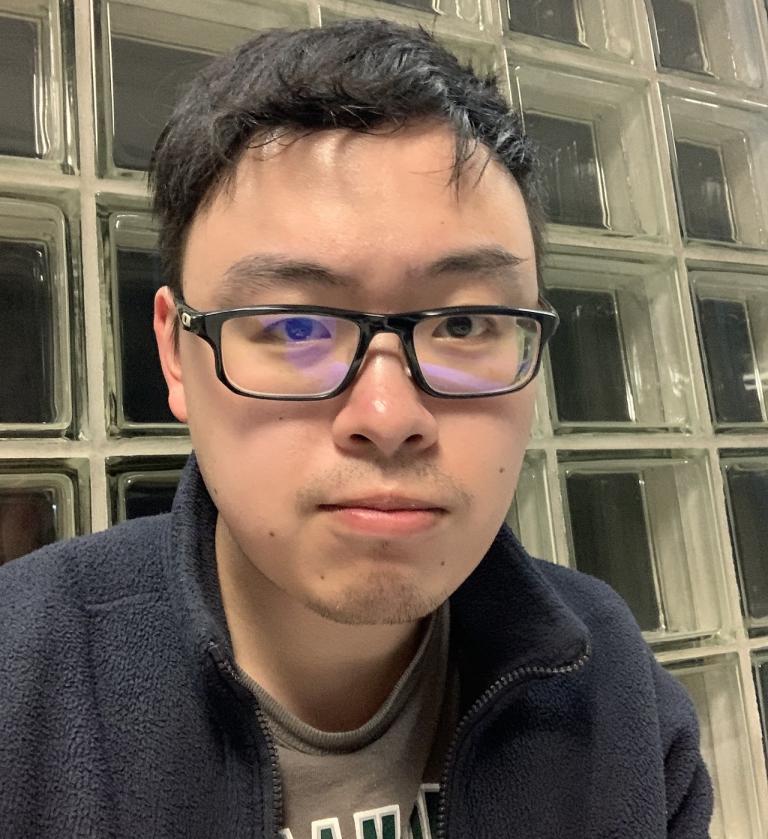
“It has been an honor to join the exceptional faculty here and utilize world-leading experimental facilities via productive multi-disciplinary collaboration,” he said.
Han Xu
ECE assistant professor Han Xu earned a PhD from Michigan State University and is co-author of 16 publications researching trustworthy and robust artificial intelligence, including data and copyright protection.
His work focuses on developing methods to protect AI and ensure its safe and reliable operation.
“I focus on AI trustworthiness due to its potential for counterintuitive mistakes and misuse by malicious users,” Xu said.
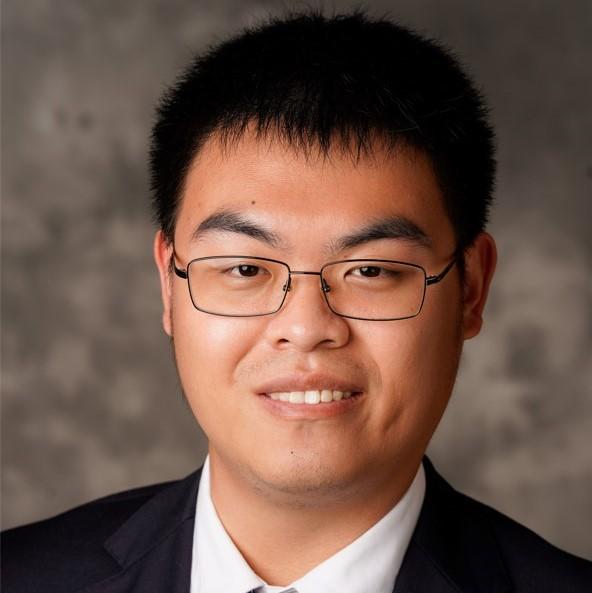
Huanrui Yang
Huanrui Yang joined the ECE department from the University of California, Berkeley, where he was a postdoctoral scholar. He holds a PhD from Duke University and is the co-author of approximately 30 publications, with a research focus on efficient deep learning for computer vision, speech recognition and natural language processing.
The assistant professor has found a friendly and supportive academic environment at the university.
“I would love to collaborate with other faculty members to bring codesigned solutions of AI algorithms, systems and hardware to make AI usable for the general public,” Yang said.


